Moniquia Jefferson began to suspect the mold growing in her Sacramento public housing unit was causing her daughter’s asthma months before she brought her to a Kaiser Permanente doctor’s appointment.
The mold had appeared after a broken drainpipe under her bathroom sink began spewing water.
“For 5 months it was constantly flooding, and I had a bucket underneath there to catch it,” said Jefferson, 35, who is a single mom of a 12-year-old. “I wasn’t going to say anything to the doctor about the mold but then we started talking about my living conditions. I wanted to know if the mold affects her asthma because we can smell it.”
Compounding her housing woes, Jefferson at the same time was receiving eviction notices from her landlord over a disputed rent increase.
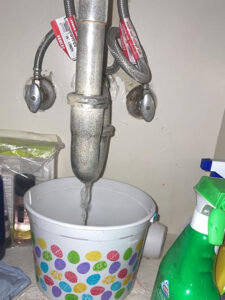
After her doctor’s appointment, her physician brought in a medical social worker who connected her to no cost legal representation through Legal Services of Northern California, courtesy of a $150,000 grant from Kaiser Permanente.
That organization is one of three legal aid groups that recently received grants totaling $300,000 to prevent homelessness through the expansion of housing-related legal support for tenants who are at high risk of losing their homes. Central California Legal Services in Fresno and Legal Aid of Sonoma County also received $75,000 each to provide no-cost legal help.
Legal Services of Northern California was able to get Jefferson’s landlord to address the mold issues and resolve her rental dispute, reinstating a $5,000 rental credit that disappeared from her public housing rental account.
Kaiser Permanente began forging these “medical-legal partnerships” across the nation starting in 2021. By late 2023, they were available in Portland, Oregon; Baltimore, Maryland; on the island of Oahu in Hawaii; Denver, Colorado; Los Angeles, Sacramento, and Vallejo, California.
“Legal services fought for me several times,” said Jefferson. “And I see my social worker, Michelle Villavicencio, as my guardian angel for getting me legal help and checking up on me.”
Villavicencio said having free help from an attorney empowers people in precarious housing situations to have a voice.
“Maybe they felt helpless before or that no one is going to take them seriously, but with an attorney now they have the information to exercise their rights and make a good decision,” said Villavicencio.
Preventing a downward spiral
Since the program started about a year ago in Northern California, attorneys have closed 238 cases. Of those, more than three quarters were for landlord-tenant issues, and the remainder for social service benefit issues that, if left unresolved, could have impacted people’s ability to pay rent.
“The advice we provide is priceless for those who have no alternative means of assistance,” said Katy Eddy, managing attorney for Legal Services of Northern California. “The heart of this grant is to connect people to lawyers when they would never be able to afford one.”
Yvette Radford, vice president, External and Community Affairs, Kaiser Permanente Northern California, said the medical legal partnerships are one more way to support the health of local communities.
“A safe and affordable place to live is essential to good health,” said Radford. “We’re thrilled to see that our work supporting no-cost legal assistance in health care settings is preventing evictions and homelessness and helping people to live healthier lives.”
Pamela Deans, a manager in Kaiser Permanente’s Center for Integrated Care who helped launch the medical legal partnership program in Northern California, said providing no-cost legal advice on housing can prevent a downward spiraling of health conditions.
“If someone has unstable housing, they tend to be in and out of the emergency room more often, and without that roof over their head, they tend to be sicker,” said Deans. “None of us are lawyers here, so it’s great to have that missing piece that gives our patients stability.”
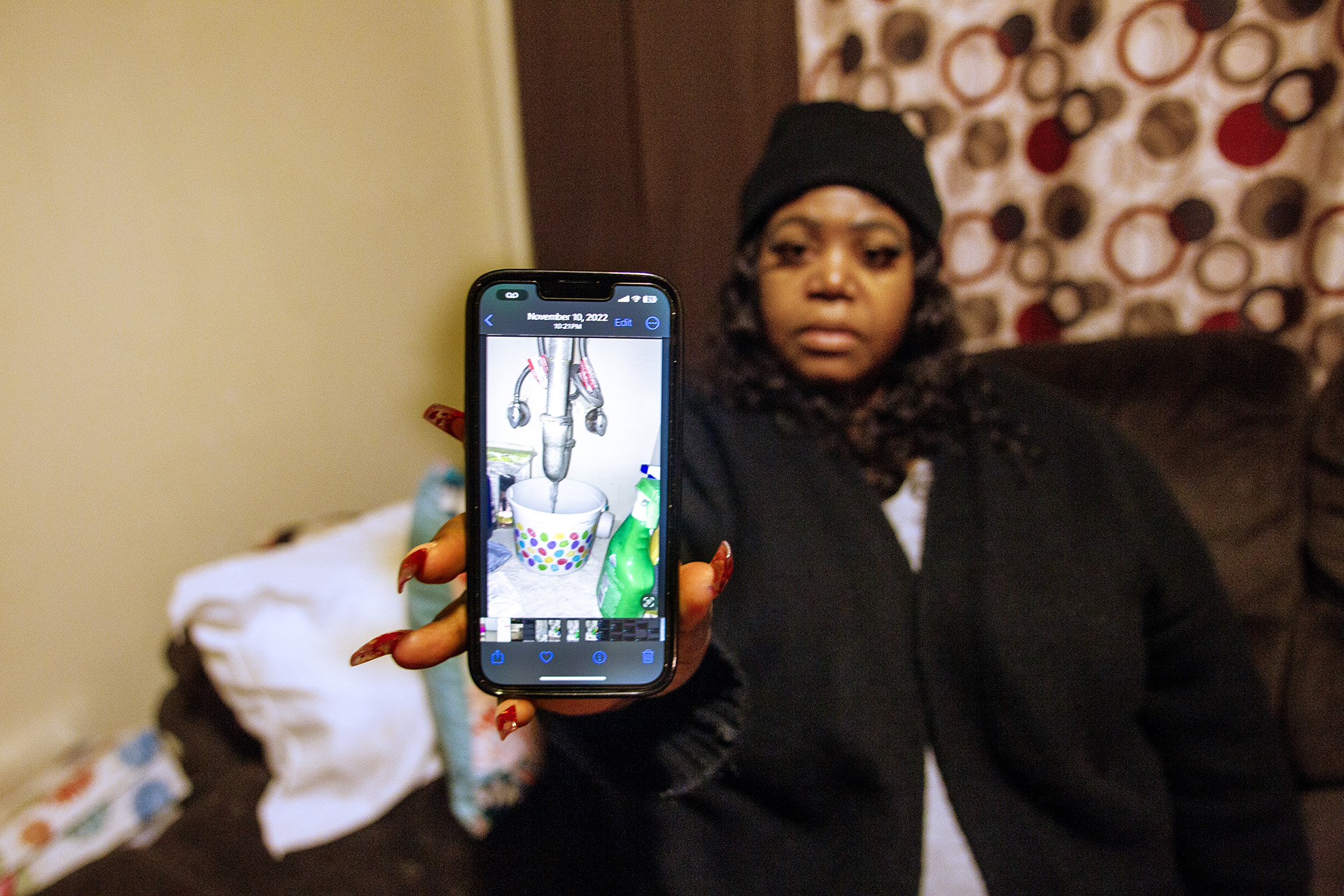
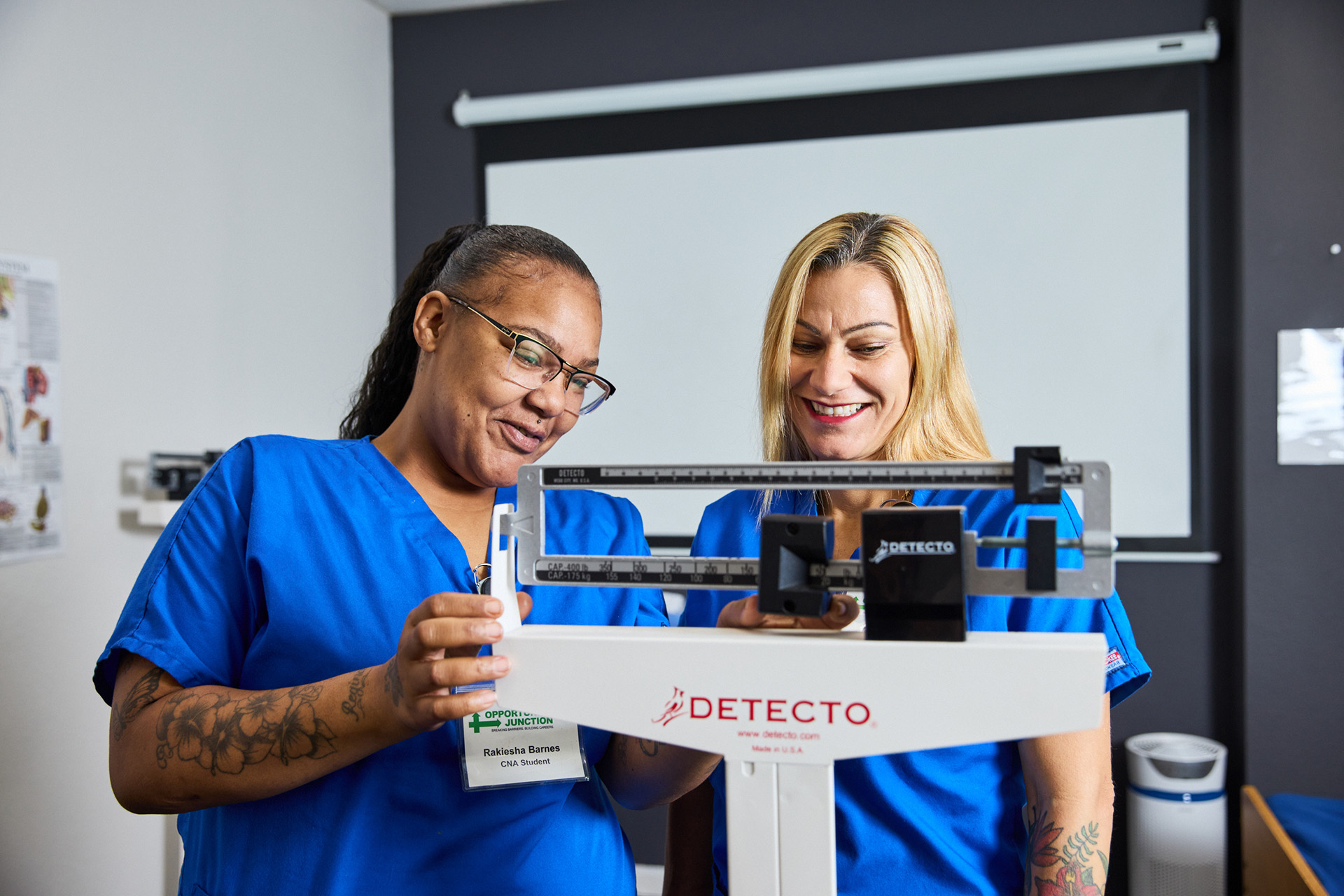
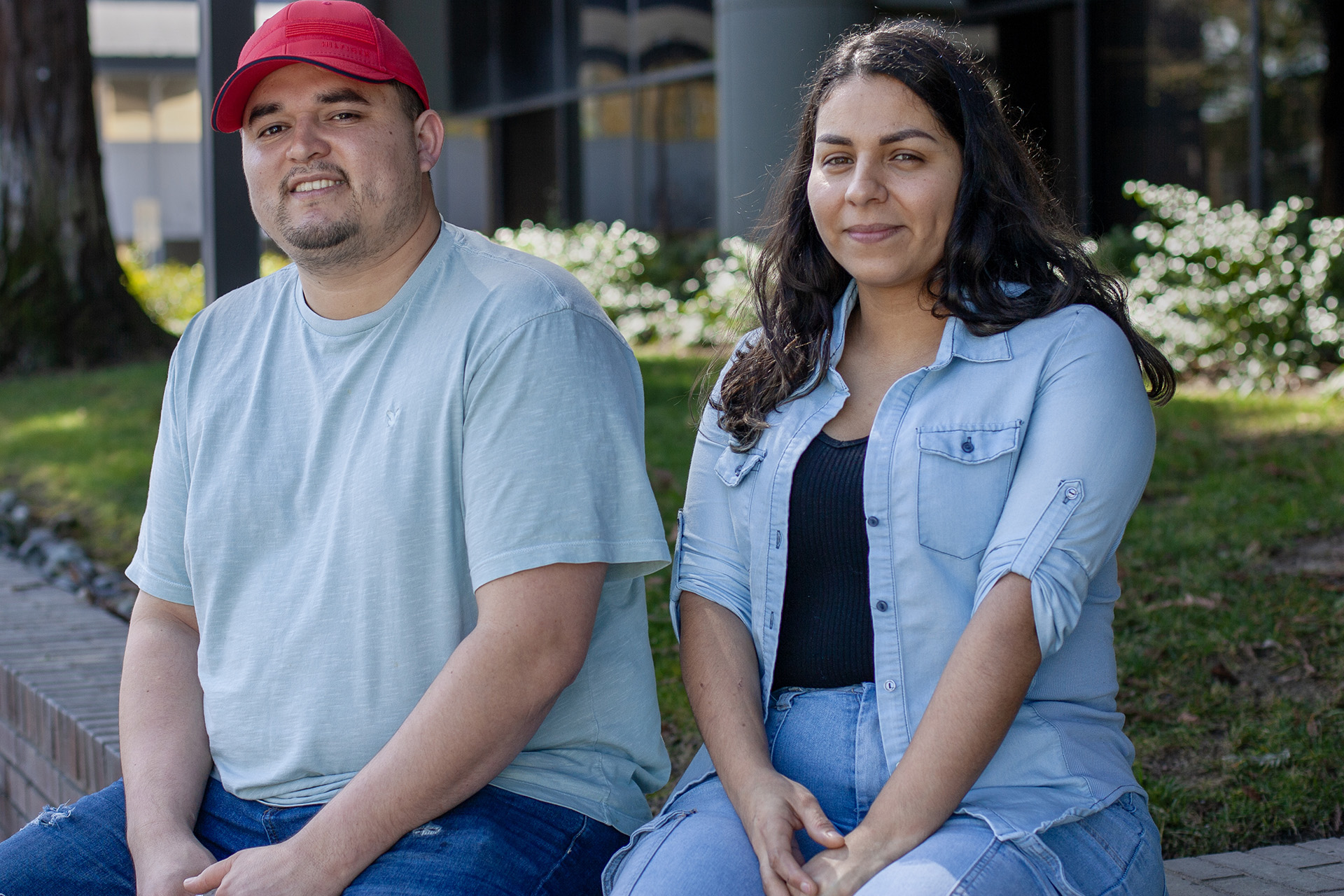
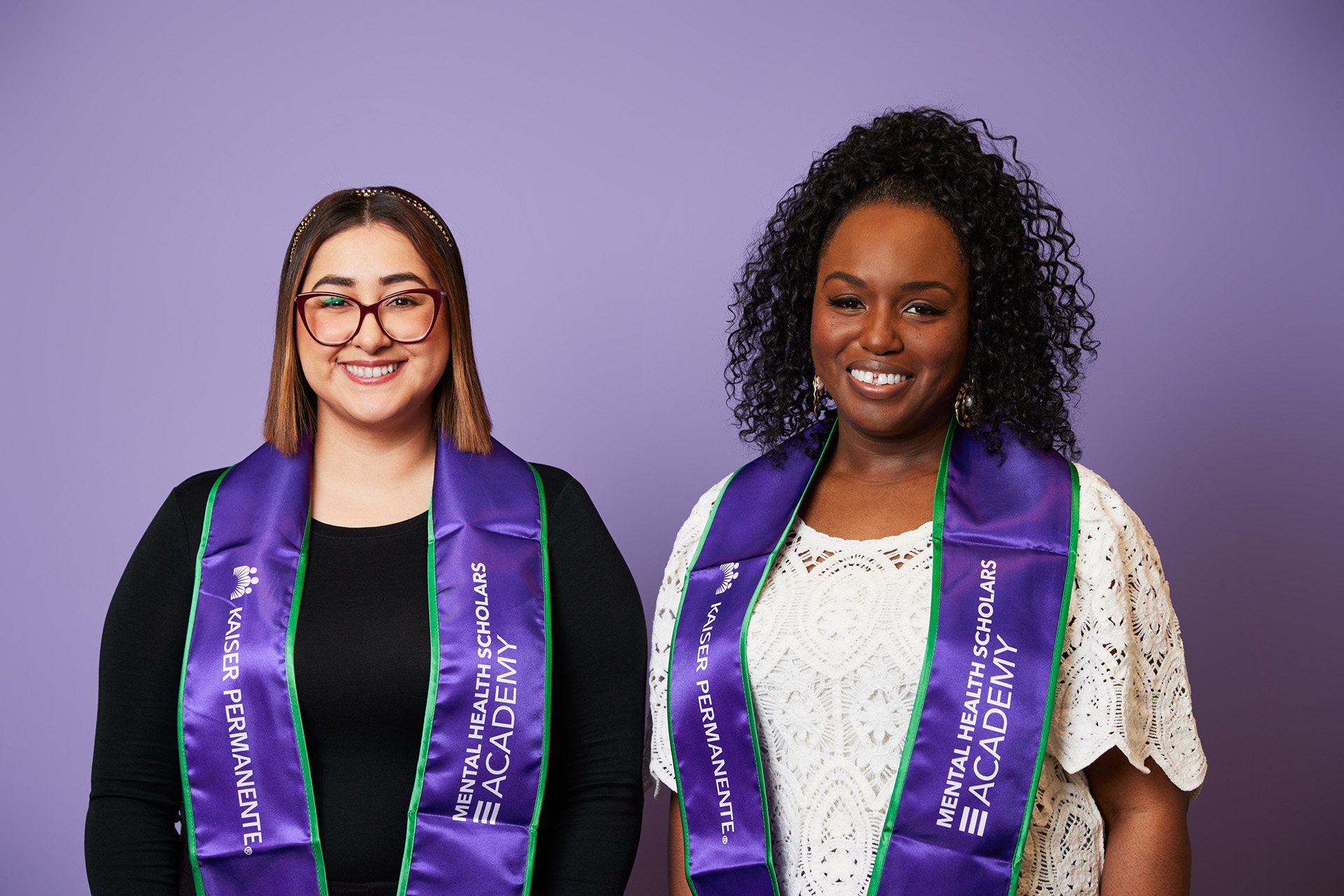
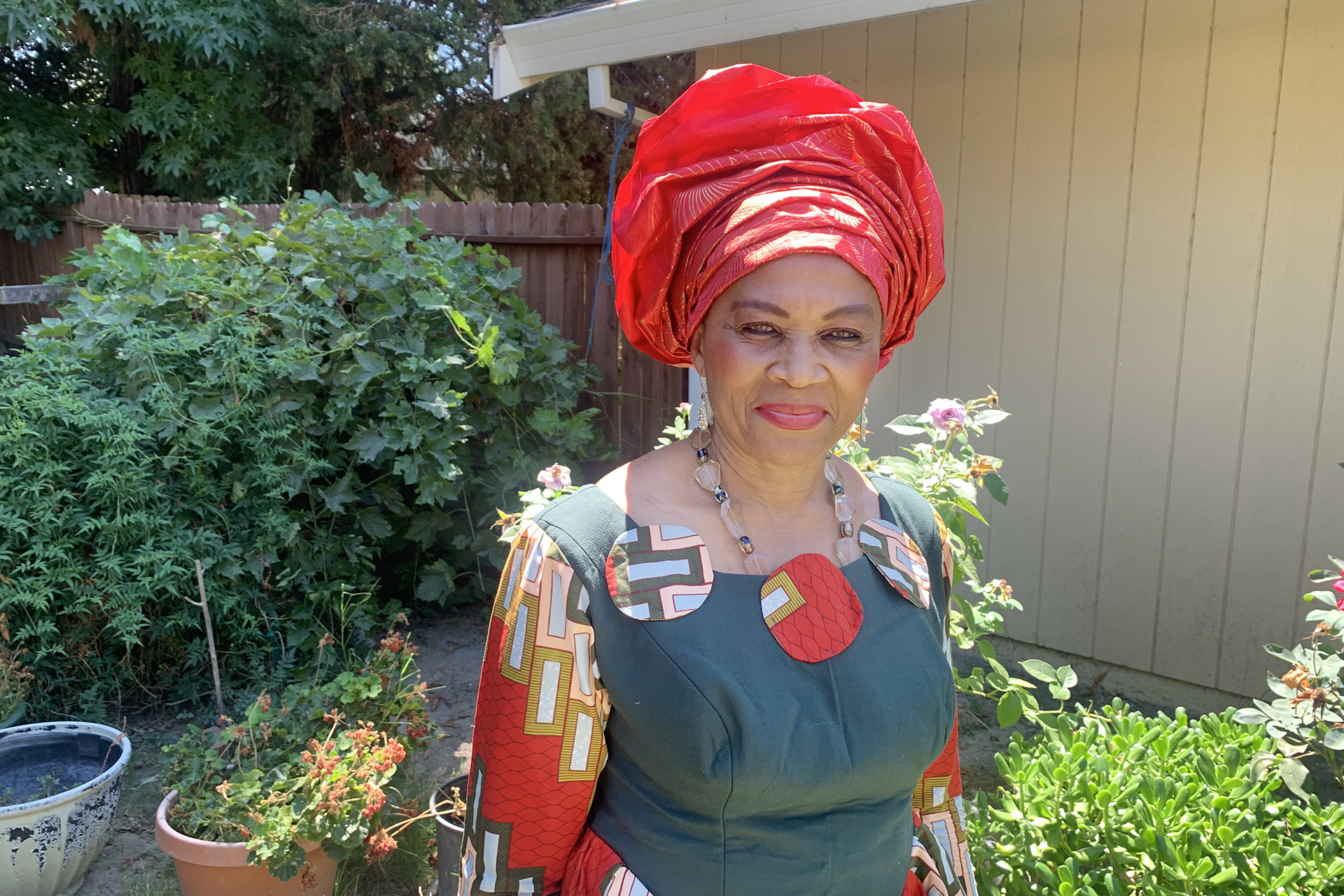
This Post Has 0 Comments